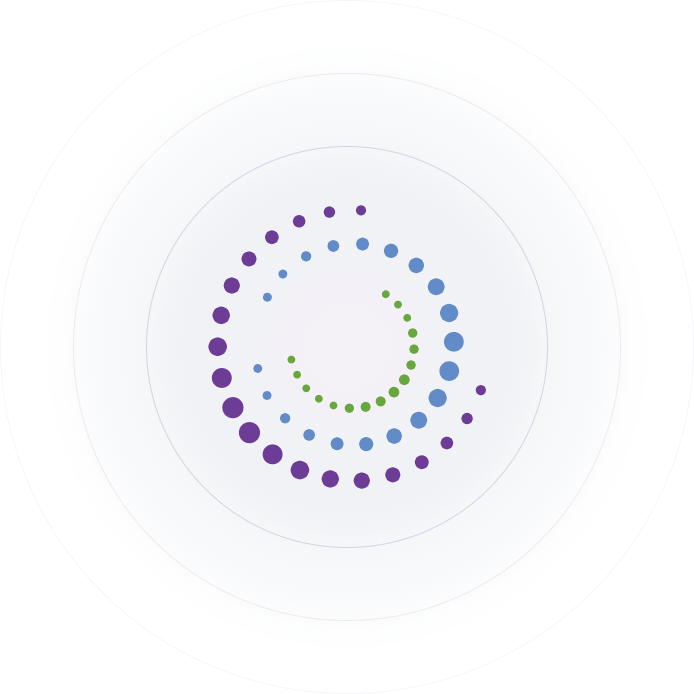What is Urinary Retention?
Urinary retention is the inability to empty your bladder fully or at all. This can be caused by many things, such as kidney stones, an enlarged prostate, or pelvic injury.
There are two types of urinary retention, chronic and acute. Each one has different causes, treatments, and risks, but don’t worry! Your doctor will talk you through your symptoms and work with you to create a plan of action.
Chronic Urinary Retention
Chronic urinary retention can last months or years and is the inability to empty your bladder all the way. This is most common in older men and is most often caused by an enlarged prostate or an underactive bladder, which is when you are unable to fully contract your bladder muscles.
You may have chronic retention if you notice these symptoms:
- Urge to urinate immediately after urinating
- Frequent urge to urinate
- Urine leakage without urge to urinate
- Inability to fully empty the bladder
- Weak stream of urine
- Abdominal pressure or pain
- Not noticing when bladder is full
Chronic retention can cause health complications if it is not addressed because the urine that remains in your bladder contains bacteria that may cause bladder or kidney infections if it is not fully flushed out with your urine.
Acute Urinary Retention
Acute urinary retention comes on suddenly and is usually immediately concerning. It can be caused by an obstruction in the urethra or blocked signals from the brain to the bladder. If you have a full bladder but are suddenly unable to urinate, seek medical attention right away. Retention can cause urine to get backed up to your kidneys, causing an infection and damage to your other organs.
You may have acute urinary retention if you notice these symptoms:
- Difficulty starting the flow of urine
- Increased abdominal pressure or pain
- Weak flow of urine
- Inability to urinate
Causes of Urinary Retention
Incontinence can be caused by many things. The most common causes are weakened bladder muscles due to a neurological disorder, age, childbirth, or stroke and a blocked urethra caused by surgery, pelvic injury, or another medical condition.
Urinary Retention Treatment

Intermittent Catheters
The most common urinary retention treatments are intermittent catheters that you use throughout the day. These are inserted into the bladder through the urethra allowing the urine to drain completely.
Foley Catheters
Foley catheters are indwelling catheters that get inserted by your doctor and remain in place for up to 30 days. These drain into a leg bag or other drainage bag and are used for incontinence and urinary retention treatment.
Urinary Retention Medication
There are a few urinary retention medications you can take that work to relax the muscles in your urethra over time so that urine flows more easily.
Surgery
Surgery can be used to correct urinary retention caused by urethral blockage, such as an enlarged prostate, damage to your pelvis, or even some neurological concerns.
Intermittent Catheters
The most common urinary retention treatments are intermittent catheters that you use throughout the day. These are inserted into the bladder through the urethra allowing the urine to drain completely.
Foley Catheters
Foley catheters are indwelling catheters that get inserted by your doctor and remain in place for up to 30 days. These drain into a leg bag or other drainage bag and are used for incontinence and urinary retention treatment.
Urinary Retention Medication
There are a few urinary retention medications you can take that work to relax the muscles in your urethra over time so that urine flows more easily.
Surgery
Surgery can be used to correct urinary retention caused by urethral blockage, such as an enlarged prostate, damage to your pelvis, or even some neurological concerns.
